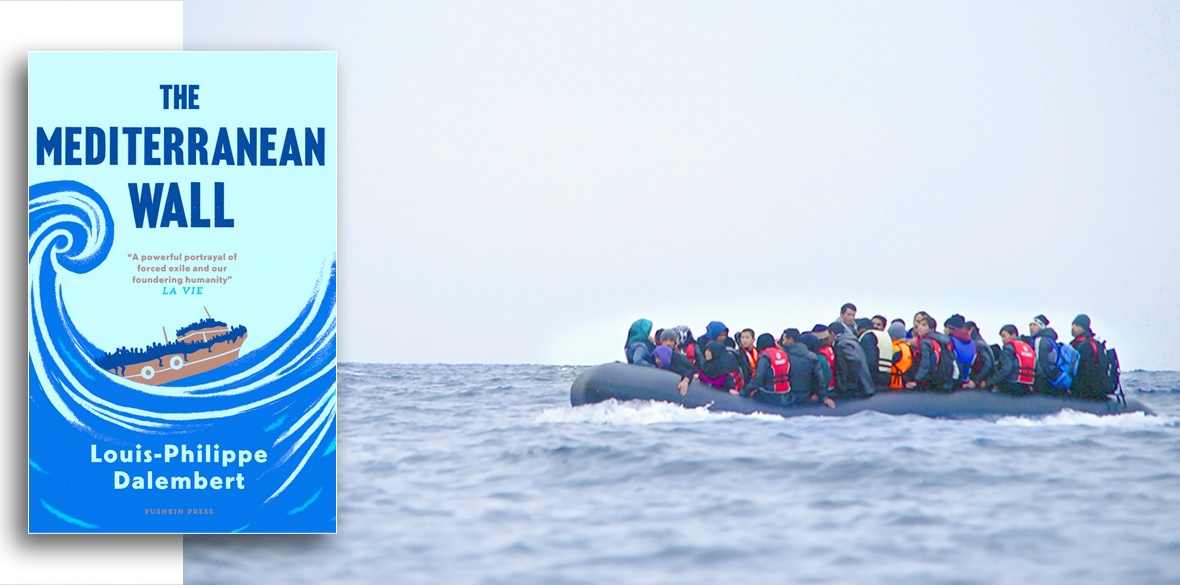This is the last article you can read this month
You can read more article this month
You can read more articles this month
Sorry your limit is up for this month
Reset on:
Please help support the Morning Star by subscribing here
The Mediterranean Wall
by Louis-Philippe Dalembert
Pushkin Press, £14.99
THE most harmful myth fuelled by right-wing politicians manufacturing a “hostile environment” to prevent refugees reaching our shores is that the majority are “economic migrants.”
The populist message is clear: the experiences of these people do not obey legal definitions of persecution in their own countries and so are merely chancers gaming a leaky international system and, thereby, undeserving of refugee status.
Yet the reality is so complex — and the personal stories of migrants so diverse— as to render largely pointless definitions extrapolated so cynically from international laws that went out of date long ago.
Moreover, extreme economic hardship visited upon developing nations through the client politics, dependency and environmental collapse they endure thanks to Western exploitation and post-colonial privation is itself a species of persecution.
The diversity of refugee experiences — from civil war to indigence — is the thread that runs throughout Louis-Philippe Dalembert’s Mediterranean Wall, a novel that recreates the stories of three women travelling on a trawler from Libya to seek new lives in Europe.
Shoshana, a Nigerian Jew, is driven from her village by drought; Semhar, an Orthodox Christian escapes conscription in Eritrea that is stealing her future; and Dima is a Syrian Muslim mother forced from Aleppo by civil war.
In each case the motives for migration are obvious, and we are left with sympathy for the characters — almost certainly real or based on real individuals.
The book’s underlying focus, however, is not the destination — all three will eventually make it to Messina in Italy — but the journey itself.
The harrowing experiences they face as they travel first to Libya and then, once there, on an overcrowded, leaking boat are a shocking eye-opener.
They are victims of, or witnesses to, gang rape, sexual abuse, cold-blooded murder, slavery, brutalisation, theft and racism.
Theirs is an experience at the hands of violent criminal gangs who, once they have them in their grip, strip them of every imaginable right.
When the three women eventually reach Italy — the story is based on a rescue of a foundering boat in the Mediterranean by an oil tanker — scores of their fellow migrants have either been killed on board the trawler or have drowned in their desperation to get off it.
Dalembert is making an unambiguous statement about the migrant experience.
Such is the cruelty and suffering of the smuggling industry engendered by fortress Europe, it has dehumanised both victims and perpetrators.









